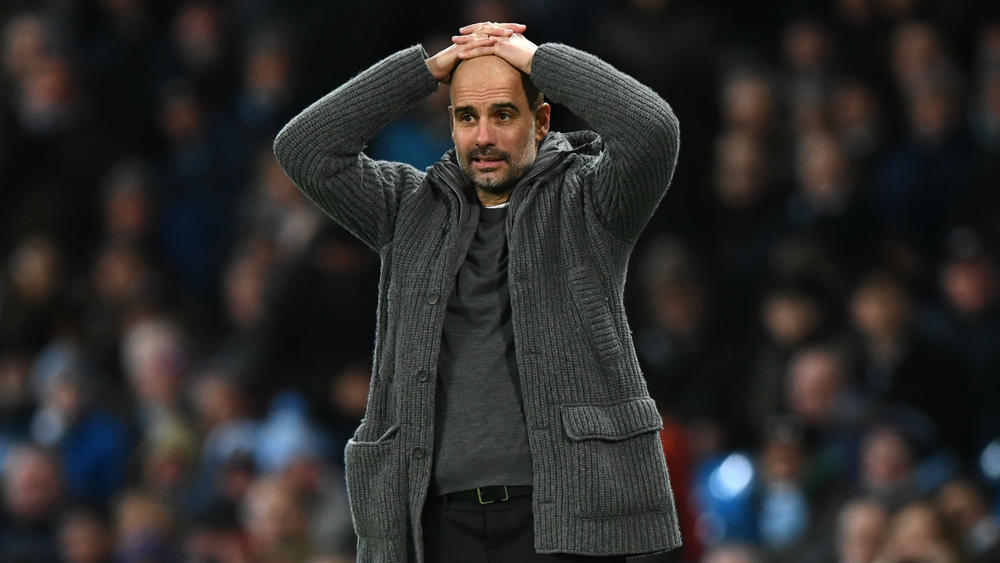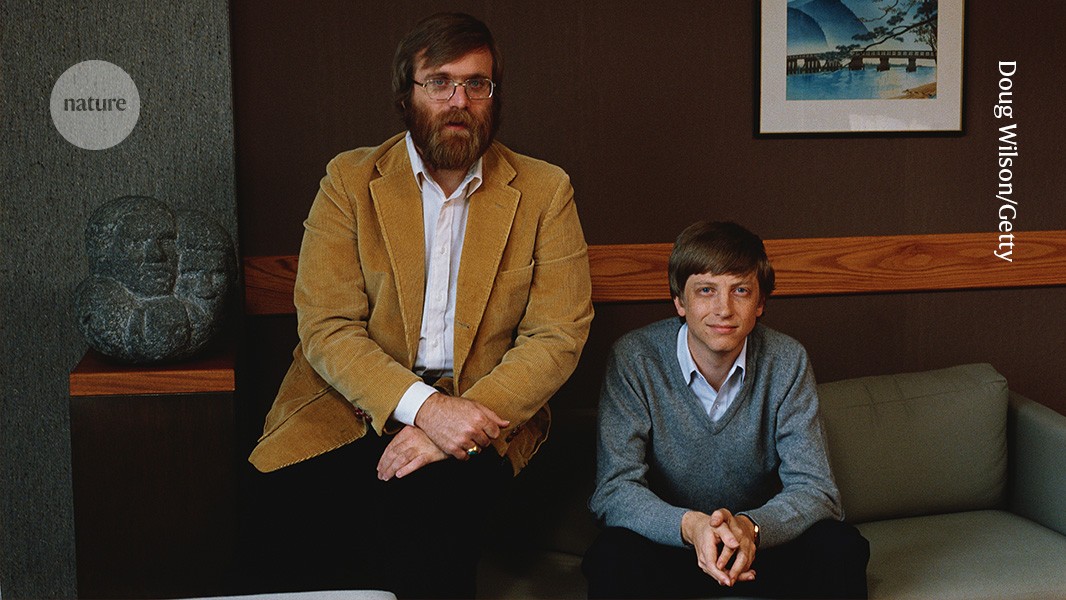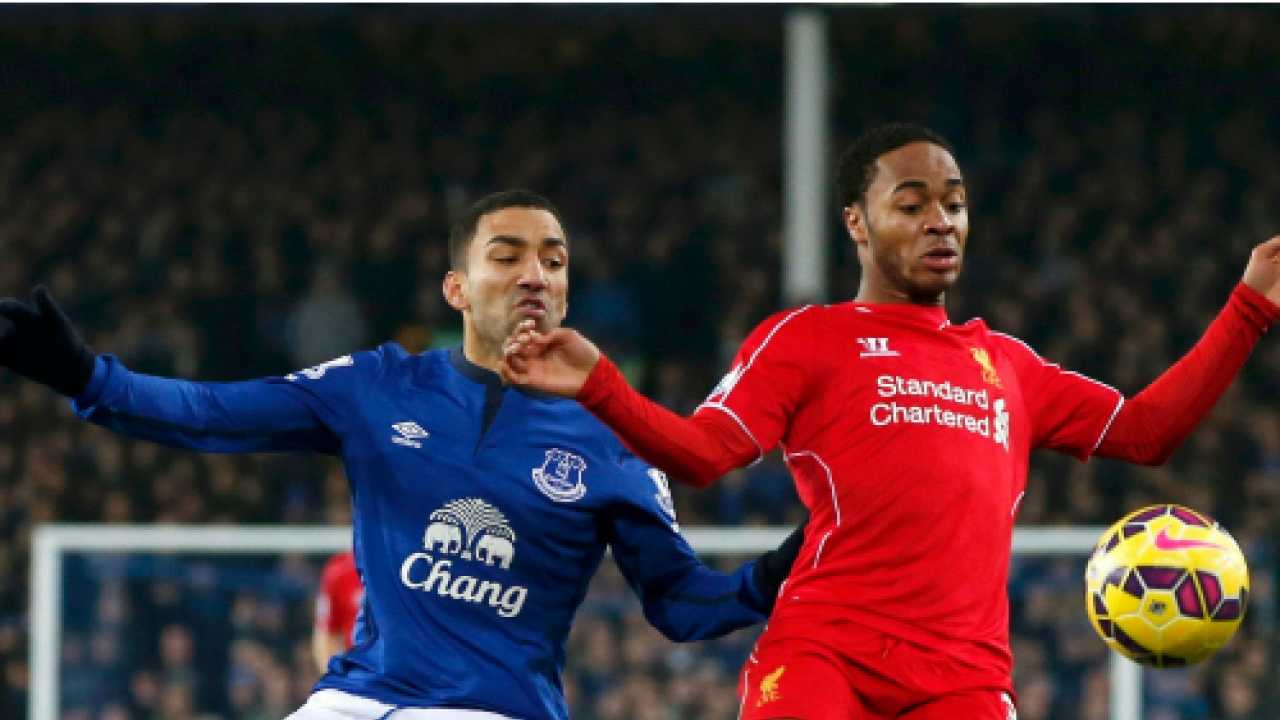- Select a language for the TTS:
- UK English Female
- UK English Male
- US English Female
- US English Male
- Australian Female
- Australian Male
- Language selected: (auto detect) - EN
Play all audios:
French voters go to the polls on Sunday in the first round of a presidential election that to the very end has brought little consensus or comfort and only one certainty: the result will be
a political upheaval, whoever wins. Even as they walk into their _bureau de vote_, many will still be undecided, faced with paper slips for an unprecedented 11 candidates, only four of them
thought to be serious contenders for the Elysée palace. There is a nail-biting sense that anything could happen. Do they vote for or against? Do they choose a candidate who represents their
politics or one who, opinion polls suggest, is most likely to defeat the woman whose presence as one of two candidates in the second-round runoff in a fortnight seems a given, but whose name
still provokes a frisson of fear for many: the far-right Front National leader Marine Le Pen, with her anti-Europe, anti-immigration, “French-first” programme? As election day has
approached, and with the added complication of the terrorist threat following the shooting of a police officer on the Champs-Elysées in Paris, the dilemma has caused particular anguish for
France’s mainstream leftwing voters, whose candidate is trailing in fifth place. There are no certainties, but barring all other candidates “dropping from a nasty virus”, as one political
analyst put it, Benoît Hamon is facing a crushing defeat in the first round, ending his leadership dreams and putting the future of the country’s Socialist party (PS) in question. In a
decline that mirrors that of Britain’s Labour party, the PS is facing years in a political desert, if it survives. If Hamon finishes last among the leading candidates, as polls predict, the
party’s only hope of salvaging a thread of power will lie in winning enough parliamentary seats in the legislative elections that follow to form an influential group in the national
assembly. Even then it will most likely be part of a coalition rather than a fully functioning opposition. “Under 5% and the situation is really catastrophic, ” Marc-Olivier Padis, of the
Paris-based think tank Terra Nova, told the _Observer_. “And it’s possible. We are hearing many socialists wondering if they should vote Mélenchon or Macron. The only thing that can save the
party in this election is if enough socialists vote for Hamon out of loyalty.”Even worse, and even more unthinkable, if leftwing voters turn en masse to Jean-Luc Mélenchon as their best
hope of a place in the second round against the frontrunners – independent centrist Emmanuel Macron, Le Pen or the conservative François Fillon – and Hamon polls less than 5%, none of
Hamon’s campaign expenses will be reimbursed, bankrupting the PS. In 2002, when the Socialist prime minister, Lionel Jospin, was beaten in the first-round presidential vote by Jean-Marie Le
Pen, the defeat was considered as aberrant as it was shocking, and left the PS reeling and disoriented. It was still standing after a second trauma when the PS rent itself apart over the
European treaty referendum in 2005.Long before the presidential election, the PS was riven by squabbling and a lack of consensus over its ideological direction, which left it divided and
seemingly determined to embark on public fratricide. This time the blow could be a knock-out. Today the party is being squeezed by Mélenchon – who quit the PS in 2008, dismayed at its drift
into the liberal centre – on one side, and Macron, the former Socialist economy minister and poster boy for that economically liberal centre, on the other. It is what Mélenchon has described
as the “nutcracker effect”. If neither the PS nor Les Républicains’ candidate, Fillon, reaches the second round, the whole of France’s political landscape will have changed. Even worse, and
even more unthinkable, if leftwing voters turn en masse to Jean-Luc Mélenchon as their best hope of a place in the second round against the frontrunners – independent centrist Emmanuel
Macron, Le Pen or the conservative François Fillon – and Hamon polls less than 5%, none of Hamon’s campaign expenses will be reimbursed, bankrupting the PS. “Under 5% and the situation is
really catastrophic, ” Marc-Olivier Padis, of the Paris-based thinktank Terra Nova, told the _Observer_. “And it’s possible. We are hearing many socialists wondering if they should vote
Mélenchon or Macron. The only thing that can save the party in this election is if enough socialists vote for Hamon out of loyalty.” Long before the presidential election, the PS was riven
by squabbling and a lack of consensus over its ideological direction, which left it divided and seemingly determined to embark on public fratricide. In 2002, when the Socialist prime
minister, Lionel Jospin, was beaten in the first-round presidential vote by Jean-Marie Le Pen, the defeat was considered as aberrant as it was shocking, and left the PS reeling and
disoriented. It was still standing after a second trauma when the PS rent itself apart over the European treaty referendum in 2005. This time the blow could be a knock-out. Today the party
is being squeezed by Mélenchon – who quit the PS in 2008, dismayed at its drift into the liberal centre – on one side, and Macron, the former Socialist economy minister and poster boy for
that economically liberal centre, on the other. It is what Mélenchon has described as the “nutcracker effect”. If neither the PS nor Les Républicains’ candidate, Fillon, reaches the second
round, the whole of France’s political landscape will have changed. Since the French Revolution, the country has been governed by various manifestations of one of two camps: right or left.
The divide, known as the _clivage gauche-droite_, emerged from the turbulent summer of 1789, when the first national constituent assembly was formed. It enables the French to position
themselves across a broad political spectrum, but always either side of this line. The first article of the PS’s 1902 “declaration of principles” under its new leader, Jean Jaurès, stated
the party’s aim to be the pursuit of “the class struggle and revolution”. In 1946 and in 1969 the revolutionary ideal was reaffirmed. By June 2008 it had been diluted to “fighting against
injustice and for a better life”. In January, Hamon, the surprise winner of the party primaries, set about taking the PS back to the future with a manifesto – including a minimum universal
income – more in tune with its early 20th-century, socialist ideals. Hamon, who is on the PS’s left wing, could have been forgiven for believing the primaries gave him a mandate to do this,
after he defeated the former prime minister, Manuel Valls, seen as much too right-leaning. However, it quickly became clear he was not going to unite the fractious party behind his
presidential campaign. One by one, PS heavyweights defected to Macron, a man who claims to be neither right nor left, or even centre, but makes no apology for being economically liberal and
a social democrat, to the dismay of many PS stalwarts. Hamon, who quit the Socialist government along with others in 2014, in disagreement with what they saw as the government’s austerity
measures, could hardly brand them traitors. Dominique Reynié, founder of the thinktank Fondapol and a professor at Sciences Po university in Paris, said Hamon’s biggest mistake was to
campaign on radical left territory. “Mélenchon is unbeatable on this ground, so even though it might reflect Hamon’s political convictions, it was a bad tactical position. “Also, for the
last few years, Benoît Hamon has been an adversary of [President] François Hollande. Today Socialists are saying, ‘You abandoned and betrayed us, you voted against us, you were disloyal to
the party’ … and he’s being abandoned.” “The PS will have to profoundly reform itself, but we should not underestimate the survival reflex of those local men and women who have an elected
mandate and who are determined to keep their jobs. They will push for the party to defend itself on the ground and not abandon everything. It will be the same for Les Républicains.” In many
ways the trail to the Socialist party’s current decline leads back again to 2002, when Jospin’s defeat was blamed on sulky socialists voting for minor candidates or abstaining to give him a
salutary rap over the knuckles for not being far enough to the left. Padis says that, even under the autocratic François Mitterrand, French president between 1981 and 1995, the PS was cleft.
“Even back then there were major disagreements about almost everything except the need for alternating left-right governments, ” he says. “Today they don’t even agree on that. This
ideological divide at the centre of the party means the PS could disappear.” Pascal Perrineau, president of Sciences Po’s respected political research institute, Cevipof, believes this
presidential election marks the end of “traditional” parties. “The PS no longer has a structure, a goal or respect, and has become irreconcilable, ” he says. “For more than a century the PS
has guided the left, but now we have the appearance of forces that are new. Macron is the root of that phenomenon, he is a political UFO. Right now there is no longer a ‘right’ and a
‘left’.” par Kim Willsher, correspondante du Guardian à Paris, le 22 avril 2017








